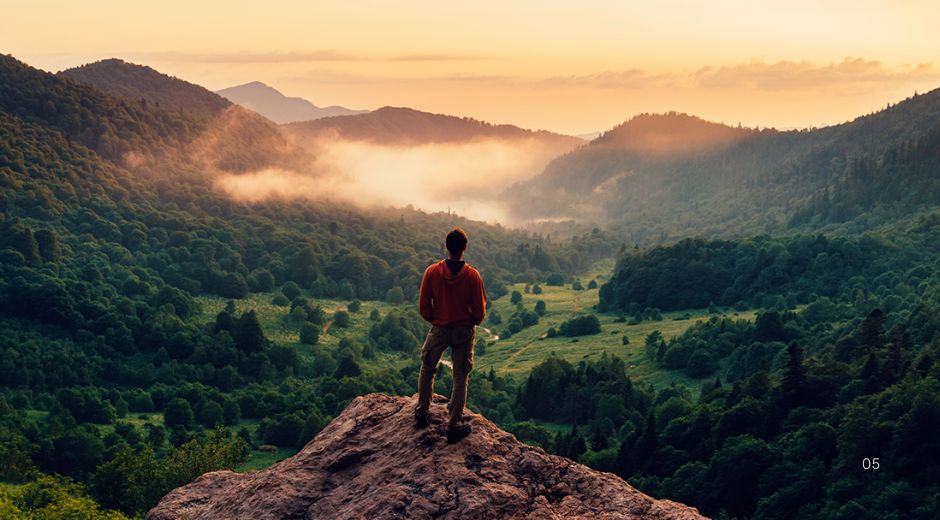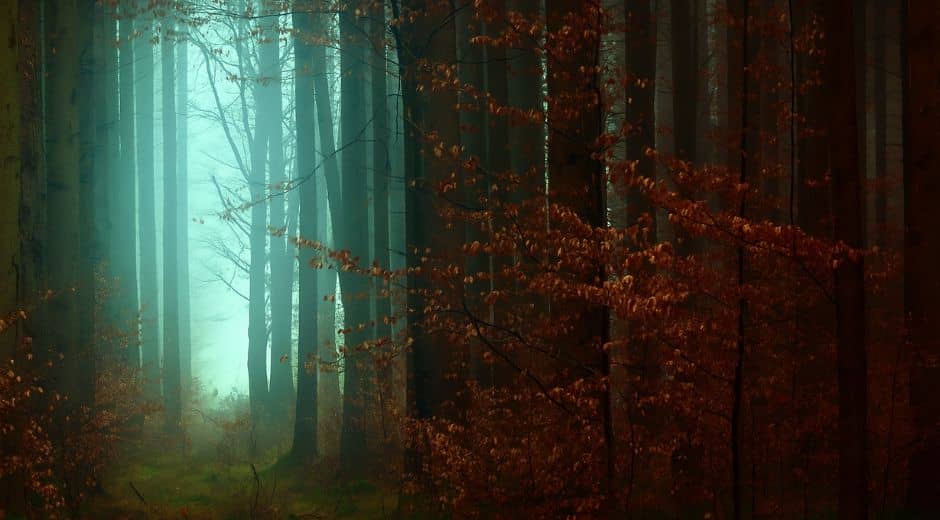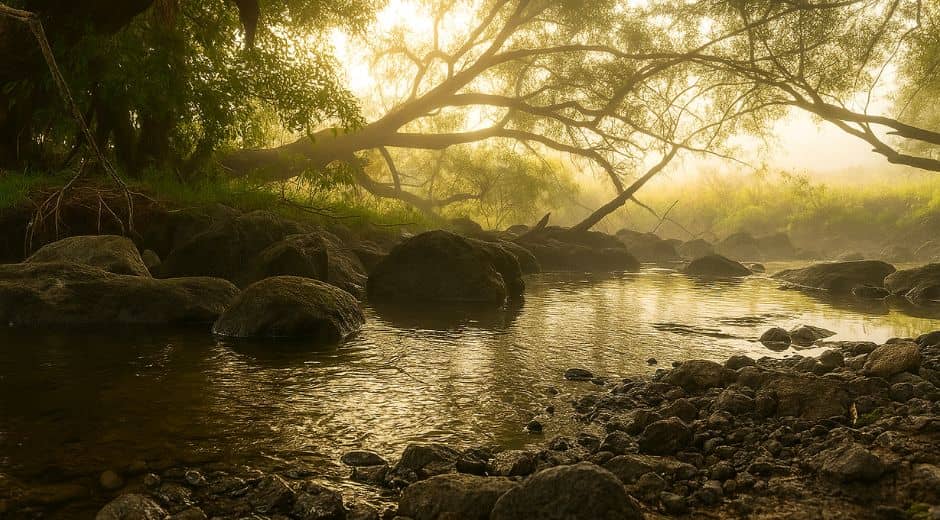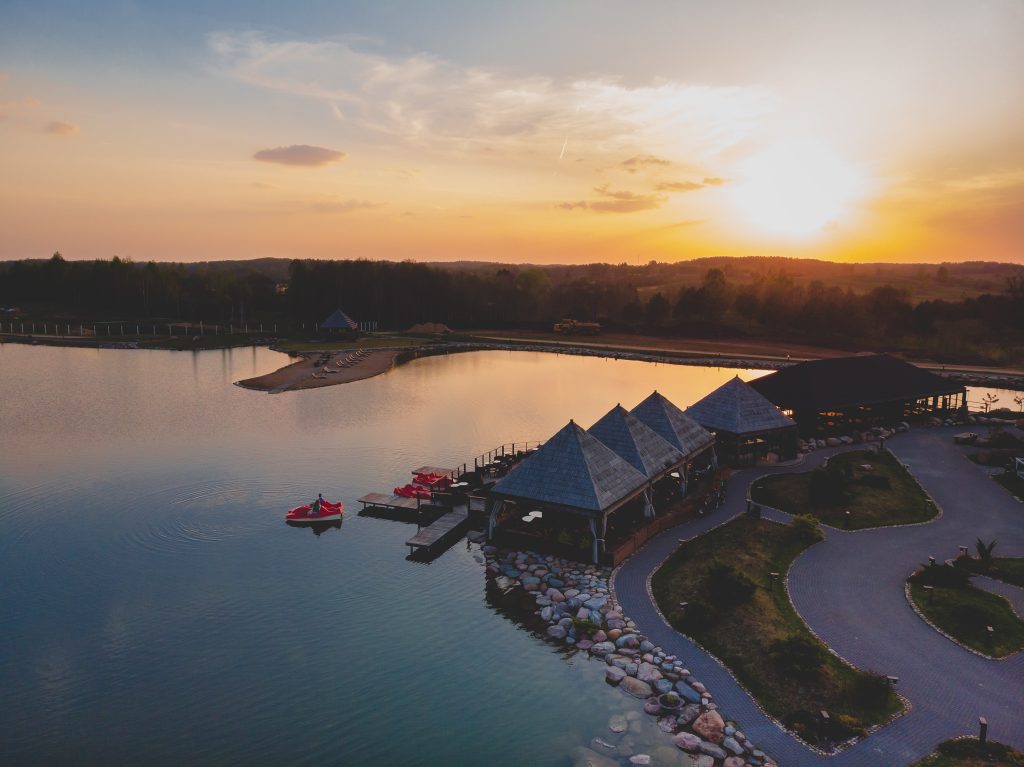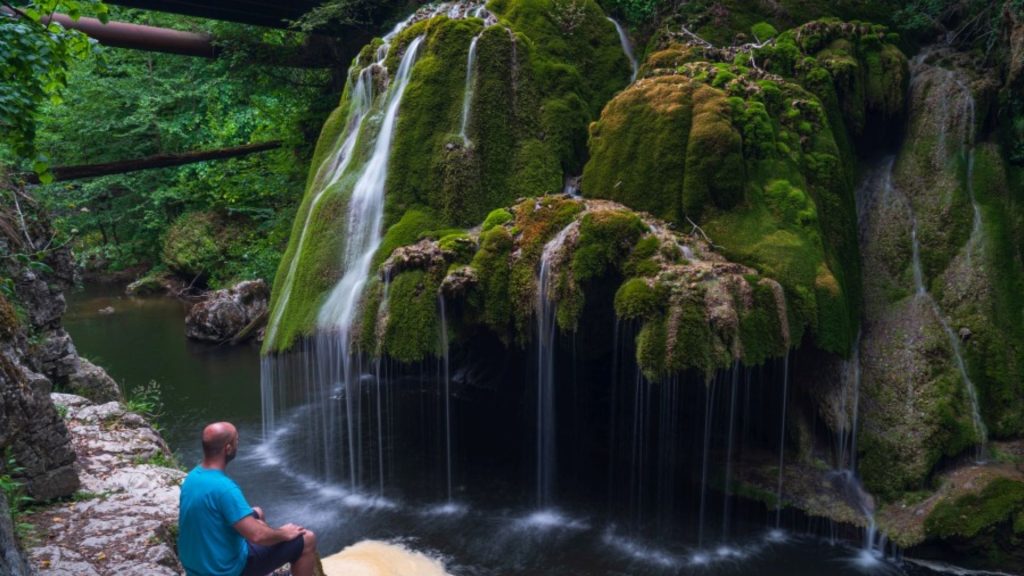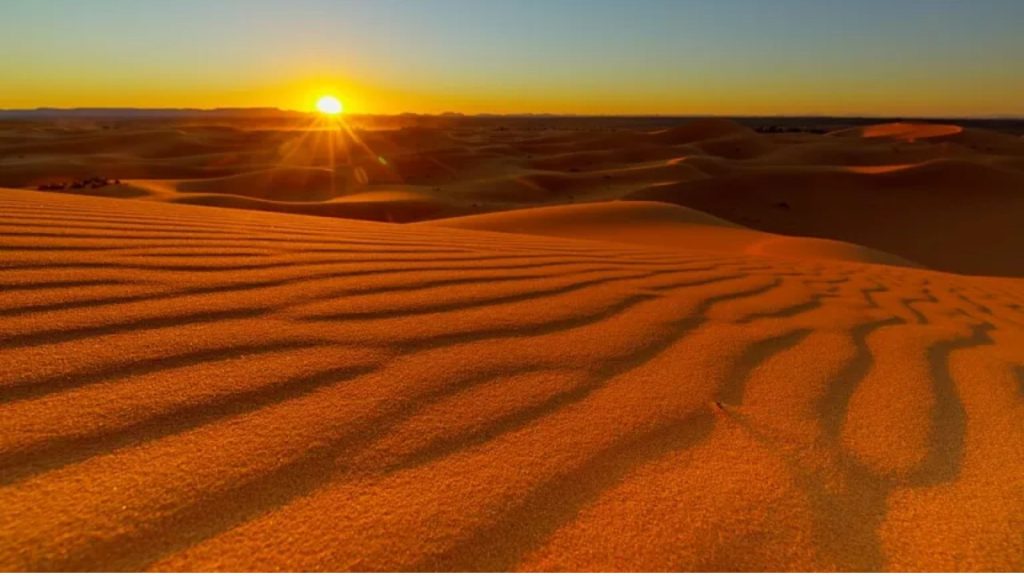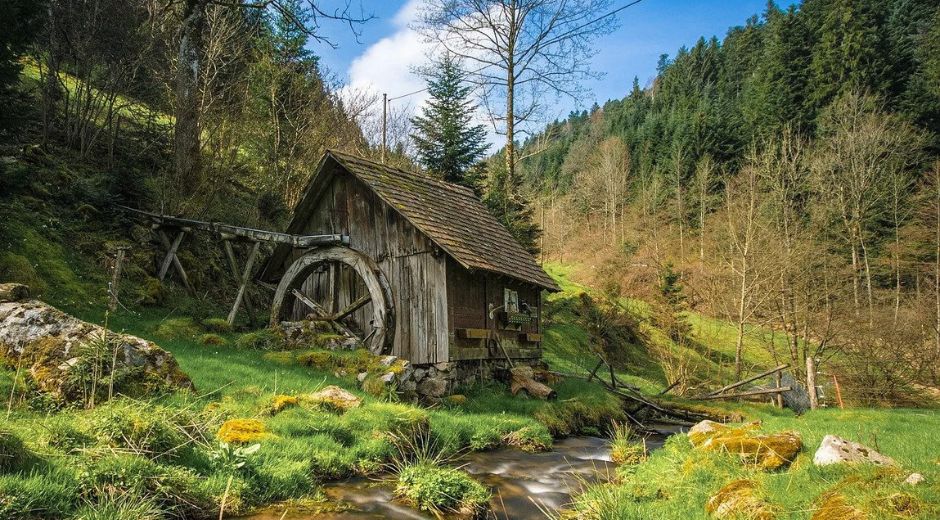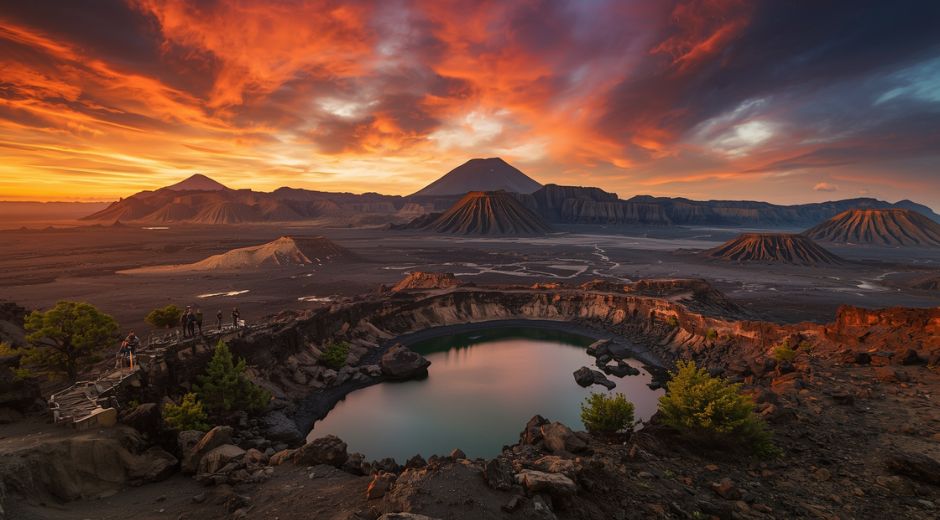Exploration and the Human Connection to Nature
Exploration has always been part of who we are. From ancient tribes crossing deserts to modern travelers climbing icy peaks, the instinct to wander has shaped our history, culture, and imagination. It is through exploration that we learn what lies beyond the horizon and, more importantly, what lives within ourselves.
The Call of the Wild
Long before maps existed, humans were guided by stars, rivers, and mountains. Curiosity pushed them forward—to hunt, to survive, to discover. That same spirit lives in us today. Whether it’s trekking through a misty forest, diving into coral waters, or observing wildlife in remote plains, exploration connects us deeply to nature’s rhythm.
Each journey into the wild teaches something different. The silence of a mountain peak teaches patience, the vastness of the ocean teaches humility, and the colors of a rainforest awaken gratitude. This call to explore isn’t just about geography—it’s about emotion and connection.
From Discovery to Understanding
In the past, many explorers saw nature as something to conquer. Ships set sail to claim new lands, and expeditions sought to collect and classify. But as our awareness grew, so did our respect. Modern exploration is about understanding, not domination. It’s about recognizing that every ecosystem, no matter how small, is part of a greater living network.
When researchers observe whales in the Arctic or butterflies in the Amazon, they aren’t seeking trophies—they’re gathering wisdom. Every observation helps scientists understand migration patterns, climate shifts, and ecological relationships. Exploration becomes a bridge between curiosity and conservation.
The Power of Connection
To explore nature is to build a relationship with it. Standing in front of an ancient forest, one realizes how old and fragile the planet truly is. A simple walk can reveal entire worlds of fungi beneath the soil, insect communities hidden under leaves, and birds weaving their homes high above. Exploration shows us that nature isn’t just scenery—it’s a living masterpiece where every element has purpose.
For many people, nature exploration also has a spiritual meaning. It restores balance in a world overwhelmed by noise and screens. When we immerse ourselves in the wilderness, we remember that we belong to something larger than ourselves.
Lessons from Indigenous Traditions
Indigenous peoples have practiced respectful exploration for centuries. Their journeys across lands and waters are guided by knowledge, gratitude, and harmony. They understand that to take from nature, one must also give back. Their philosophy turns exploration into a dialogue—listening to the wind, reading the patterns of animals, and feeling the energy of the earth.
Modern explorers and conservationists increasingly look to these teachings as blueprints for sustainable discovery. By blending ancient wisdom with scientific tools, exploration becomes not only informative but also ethical.
Exploration in the Modern Age
Today, exploration is being redefined. Technology allows us to reach new frontiers—from the deepest parts of the ocean to the edges of space—without forgetting the importance of the natural world beneath our feet. Drones capture stunning images of mountain ecosystems, satellites monitor rainforest recovery, and scientists record the songs of whales thousands of kilometers away.
According to National Geographic, exploration in the 21st century is no longer about planting flags, but about protecting the planet. The modern explorer is not a conqueror but a guardian, using data, storytelling, and empathy to inspire preservation.
The Link Between Exploration and Conservation
Exploration often leads directly to conservation. When people witness the fragility of coral reefs, melting glaciers, or endangered forests, they gain a personal reason to care. Every expedition reveals new details about the threats facing wildlife—information that shapes global efforts to restore balance.
Eco-expeditions and nature-based travel now merge discovery with education. Participants learn how their actions affect biodiversity and climate. Walking through reforested areas or diving in marine sanctuaries turns learning into experience, transforming travelers into advocates for the environment.
Mental and Emotional Rewards of Exploring Nature
Exploration also has profound effects on human well-being. Time spent outdoors reduces stress, increases creativity, and enhances focus. Scientists have found that exposure to natural environments lowers cortisol levels and boosts happiness hormones.
But beyond biology, there’s a deeper transformation. When people disconnect from constant noise and reconnect with the Earth, they rediscover a sense of belonging. Every trail, river, or forest path becomes a mirror reflecting peace and renewal. That’s why outdoor therapy programs now use nature walks as treatment for anxiety, depression, and burnout—because exploration heals both mind and body.
The Educational Value of Exploration
Education through exploration has become a cornerstone of modern learning. Schools worldwide organize outdoor programs that teach students about ecosystems, geology, and animal behavior. Instead of reading about biodiversity, children experience it—touching, observing, and recording life firsthand.
These programs cultivate curiosity and empathy. A child who observes a butterfly emerging from its cocoon learns patience; one who plants a tree learns responsibility. In this way, exploration shapes the next generation of environmental stewards who will protect the natural world long after we are gone.
Community and Shared Journeys
Exploration is not always solitary. Community expeditions and nature clubs bring people together to share experiences, document trails, and volunteer for restoration projects. These shared journeys build friendships and collective awareness. When groups explore together, they form emotional bonds both with each other and with the environment around them.
At Zoopora, we encourage such experiences because they strengthen the connection between people and the planet. Every step taken outdoors becomes a statement of care and curiosity, a promise to keep nature alive for future generations.
If you want to discover ongoing projects and inspiring initiatives focused on sustainable travel and nature discovery, Chronostual, where my team updates relevant links daily.
Exploration Across Landscapes
Every environment teaches something unique. Forests invite reflection and mystery. Deserts demand endurance and humility. Oceans offer vastness and perspective. Each journey adds a new chapter to humanity’s understanding of resilience and adaptability.
In polar regions, scientists face extreme conditions to study climate patterns and wildlife migration. In jungles, biologists discover new species that could hold secrets to medicine. Even urban exploration—rediscovering green corners in cities—helps people reconnect with the rhythms of nature that still pulse beneath concrete and steel.
The Future of Exploration
The next age of exploration will blend adventure with innovation. Future explorers will use clean energy, biodegradable materials, and smart technology to minimize their impact. Instead of extracting resources, they’ll collect knowledge. Instead of disturbing, they’ll document and protect.
As Earth faces challenges like deforestation and rising temperatures, exploration becomes more urgent than ever. We must understand before we can preserve. The data gathered from remote places informs conservation efforts that could save entire ecosystems.
Exploration no longer ends when we return home—it continues through storytelling, photography, and education. By sharing what we see, we inspire others to care.
Conclusion
Exploration is a timeless bridge between humanity and the natural world. It awakens our senses, challenges our limits, and deepens our compassion. Every mountain climbed or forest crossed reminds us that we are part of this planet’s intricate story.
In a world filled with speed and distraction, exploration slows us down enough to listen—to rivers, to winds, to silence. It teaches us that discovery is not about distance, but about awareness. To explore is to learn, to protect, and to belong.
Through exploration, we remember that nature is not a destination. It is home.
Wildlife Behavior Curiosity
Camouflage in Nature, How Animals Disappear in Plain Sight
Camouflage in Nature, How Animals Disappear in Plain Sight
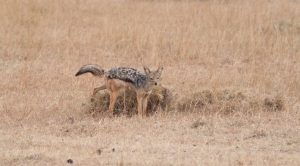
Territory and Animal Behavior, How Species Claim Their Space
Explore how animals establish and defend territory, why space matters for survival, and how territorial behavior shapes ecosystems.
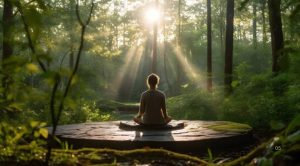
Wilderness and the Human Spirit, Finding Balance in Nature
Explore how the wilderness awakens creativity, calm, and self-discovery, guiding people back to balance in an increasingly digital world.
